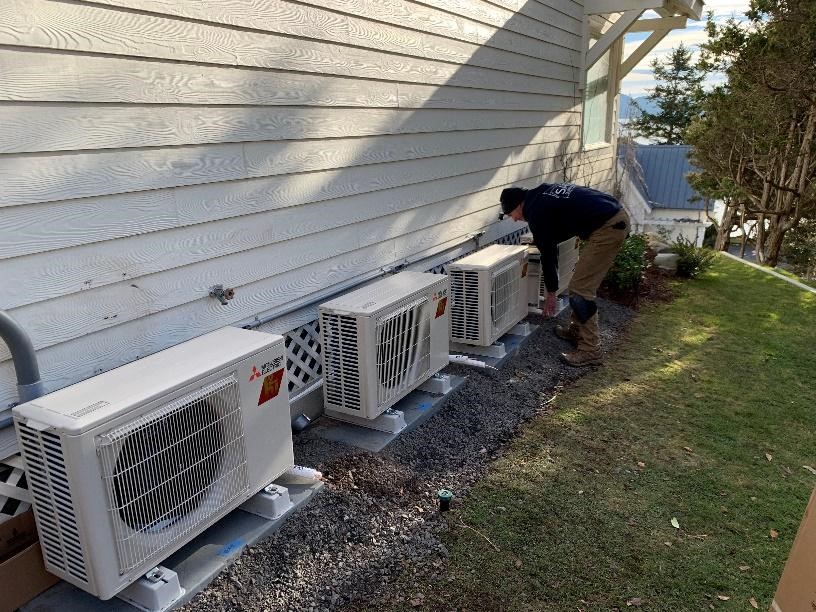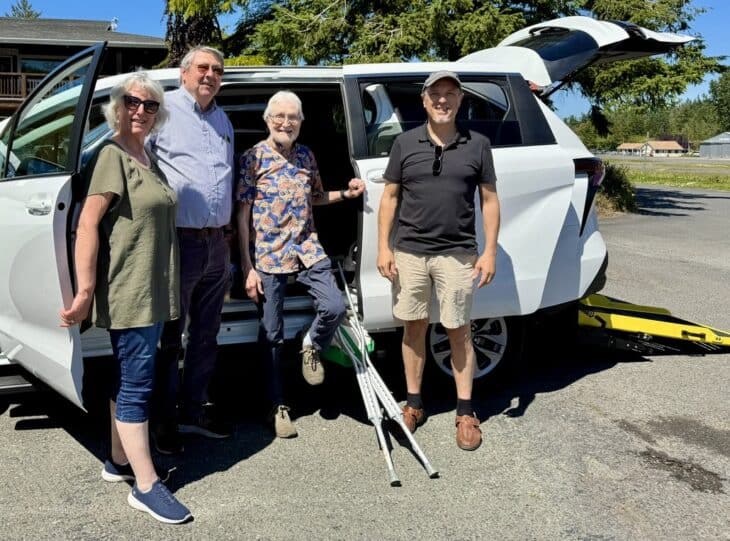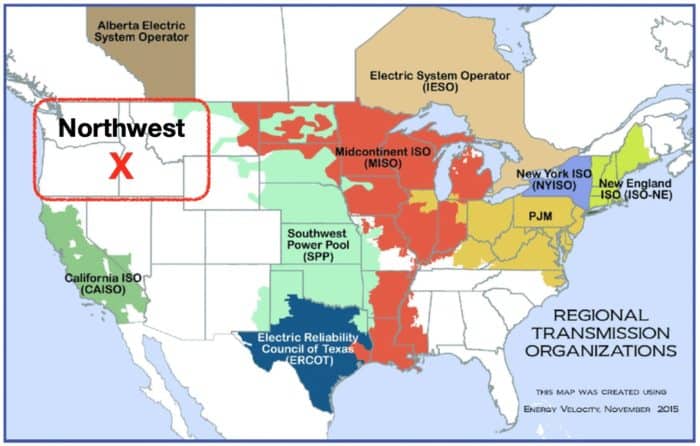OPALCO’s team has taken the lead in building a successful RESP program; we call it Switch it Up!
Check out this article by the Environmental and Energy Study Institute: https://www.eesi.org/articles/view/washington-state-islands-work-towards-a-fossil-fuel-free-future
Washington State Islands Work Towards a Fossil-Fuel-Free Future
On the beautiful San Juan Islands off the coast of Washington state, Orcas Power and Light Cooperative (OPALCO), a rural electric cooperative, provides nearly carbon-free electricity to its members across the island chain, thanks to abundant access to hydropower. However, many island residents rely on propane for heat, which must be ferried in at great expense. EESI was there to help OPALCO—and numerous other utilities—work on solving this problem: curbing customer expenses while moving away from burning fossil fuels to heat homes. OPALCO customers are now part of a trend toward electric heating options that have become far more efficient and economical over the past decade. Doing so would lower customers’ overall energy costs and shrink their carbon footprints, a process sometimes called beneficial electrification.
As part of EESI’s work with rural utilities across the country, EESI helped OPALCO launch its “Switch It Up!” on-bill financing program in April 2019, after a year of planning. The program provides a way for customers to finance efficient heat pumps (for both space and water heating) and the removal of their fossil fuel-powered counterparts—without making customers take on debt. Instead, participating customers pay a recurring, transferable charge on their monthly electric bill. The program also provides funding for in-home fast chargers for electric vehicles. As EESI recommended, the utility company approves member-customers that have one year of good bill payment history, without requiring credit scores or proof of income—a program design that ensures much more equitable access to this opportunity.
_2.jpg) Courtesy: Outlook Inn |
The first program participant in “Switch It Up!” was the Outlook Inn, an independent 40-room hotel on Orcas Island. A $105,000 investment replaced a propane-fueled heating system with 17 electric ductless heat pumps. The project reduced the hotel’s overall energy costs, slashed its carbon emissions, and gave guests more control over their room temperature. “Keeping our hotel that is over 100 years old maintained and efficient is no small task,” said the hotel’s owner, Sara Farish. “The Orcas Power and Light program was a great way to get our heating systems up to date without the upfront capital expenses.” Also, in a move that demonstrates the motivating power and catalyzing effect of an on-bill financing program, the Outlook Inn decided to use its own funds to install a second round of energy-efficient heat pumps after the initial project was completed.
The Outlook Inn project was the first of 96 projects completed in the program’s first year, representing over $800,000 in energy upgrades. Another 38 projects totaling $400,000 are currently in development. In response to the program’s early success, Suzanne Olson, OPALCO’s public relations administrator, offered, “Members have been very enthusiastic about these beneficial measures—for efficiency and cost savings. When surveyed, members showed very high satisfaction for the program (95 percent). The on-bill financing program removes the barrier to entry for most. It levels the playing field—the co-op way.”
 Courtesy: OPALCO |
EESI is working across the country to scale up this approach, so more people and small businesses can benefit from it. EESI Program Associate Miguel Yanez’s upcoming paper, On-Bill Financing: Expanding Access to Energy Efficiency, Clean Energy Adoption, and Electrification for Everyone, examines how well-designed on-bill financing programs provide expanded and more equitable access to clean energy upgrades for all. When designed correctly, the approach works for both renters and owners, regardless of income or credit score. EESI is committed to scaling up this work because it can increase energy affordability, expand access to capital for these technologies, and put low-income or rural communities on a path of greater energy equity, while helping to curb climate change. Yanez’s paper also highlights another program that EESI helped launch: Hawaii’s Green Energy Money Savers (GEM$) On-Bill Program, which is using a similar financing tool to expand access to distributed solar panels for homes, businesses, and renters. This program is now available to most of Hawaii and is also scaling up rapidly.
On-bill financing projects are just one of the ways EESI’s donors are making possible climate actions that drive down emissions in an equitable way. At this time of great economic upheaval, furthering equitable solutions to climate change is more important than ever. When you give to EESI, you are ensuring continued climate action support and implementation.



